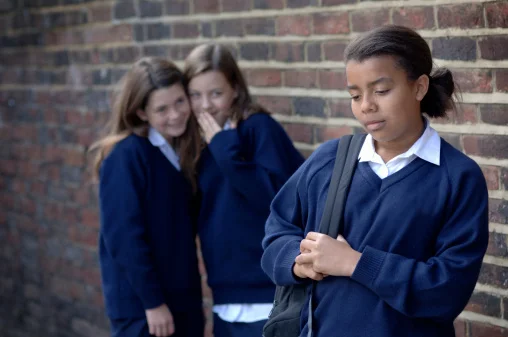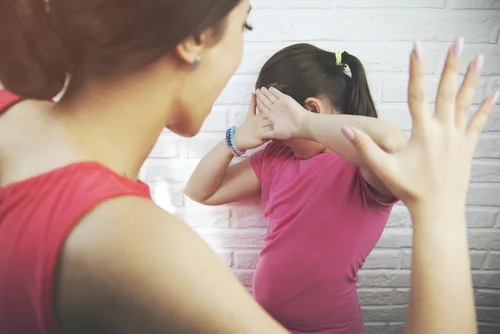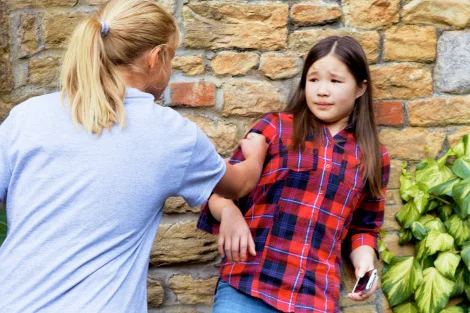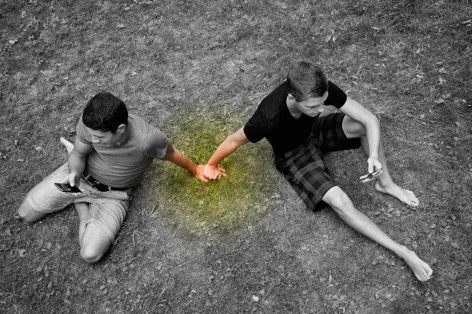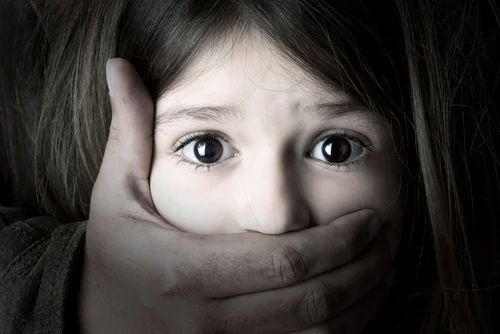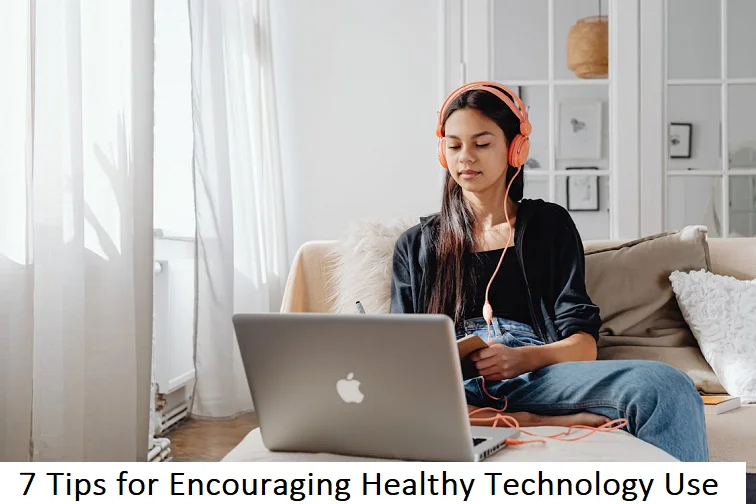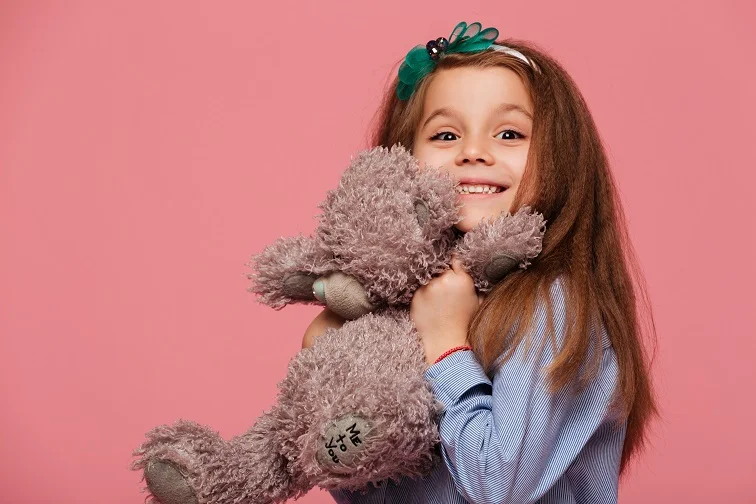+1 845 259 2974 (11 a.m to 7 p.m CST)
Teen Dating Abuse: What You Can Do To Help

Starting a relationship is an important phase in teens’ life as it introduces them to new emotions. However, it also comes with a lot of problems, with dating violence being one of them. Teen relationship abuse is very common among youngsters, and yet parents seem to know very little about it. Most of the kids consider violence a normal part of a healthy relationship. Some of them do not even talk about it with their parents or friends, fearing that it will affect their relationship. This leaves parents with no other option but to monitor their kids and their behavior closely. Being parents, you must follow these steps to keep your kids safe from the mental stress and emotional trauma caused by dating violence.
Look Out for the Warning Signs
According to the research studies conducted in 2014, roughly 1.5 million teens admit facing dating violence, and every 1 out of 3 youngsters are in an abusive relationship. One of your kids may also be one of them without you realizing it. If they are showing any of the following signs, then chances are they have an abusive partner.
- Sudden isolation from the social circle after just a few days of starting a relationship
- Signs of physical harm like unexplained bruises and injuries
- Being withdrawn from family and staying quiet most of the times
- Feeling angry or irritated all the time
- Depression and anxiety
- Sudden gain or loss in weight
- Poor grades
Get to Know More about Your Teen’s Partner
If you find any or most of the aforementioned signs in your kid, then you must try to know more about your kid’s partner and the way that partner treats your kid. The easiest way to do this is by installing a monitoring app on your teen’s mobile device. Reading your child’s text messages, WhatsApp messages, and Facebook chats can tell you a lot about the problem.
Talk to Your Teen
Some kids ignore abusive behavior, thinking that it is a normal part of being in a relationship, while others don’t go for a breakup as they feel that being in an abusive relationship is better than being in no relationship at all. You have to remove these and various other misconceptions by talking to your teen about it. Encourage your teen to open up about the relationship and the problems surrounding it so that you may help in finding a solution.
Get Professional Help
There are various government and non-profit organizations that offer help to teens struggling with dating violence, sexual abuse, emotional harassment, etc. You may find any such organization near your location to help your kid overcome the trauma after staying in an abusive relationship. Many such organizations also provide counseling to the parents facing this situation as they may also feel stressed and confused after learning about their kid’s suffering.


